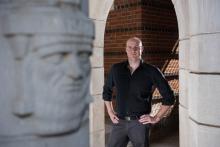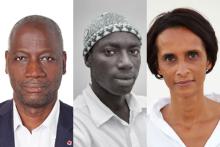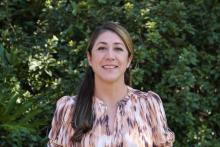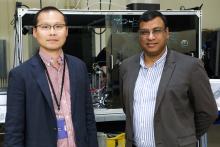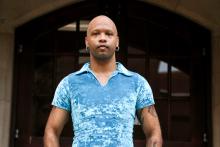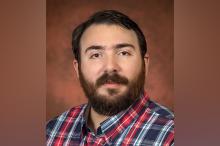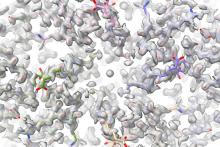English alumnus and international vampire expert leaves mark on horror genre
John Edgar Browning, a Florida State University alumnus from the Department of English, is a leading international expert on not only the iconic vampire Dracula but also real vampires and the horror genre as a whole.

